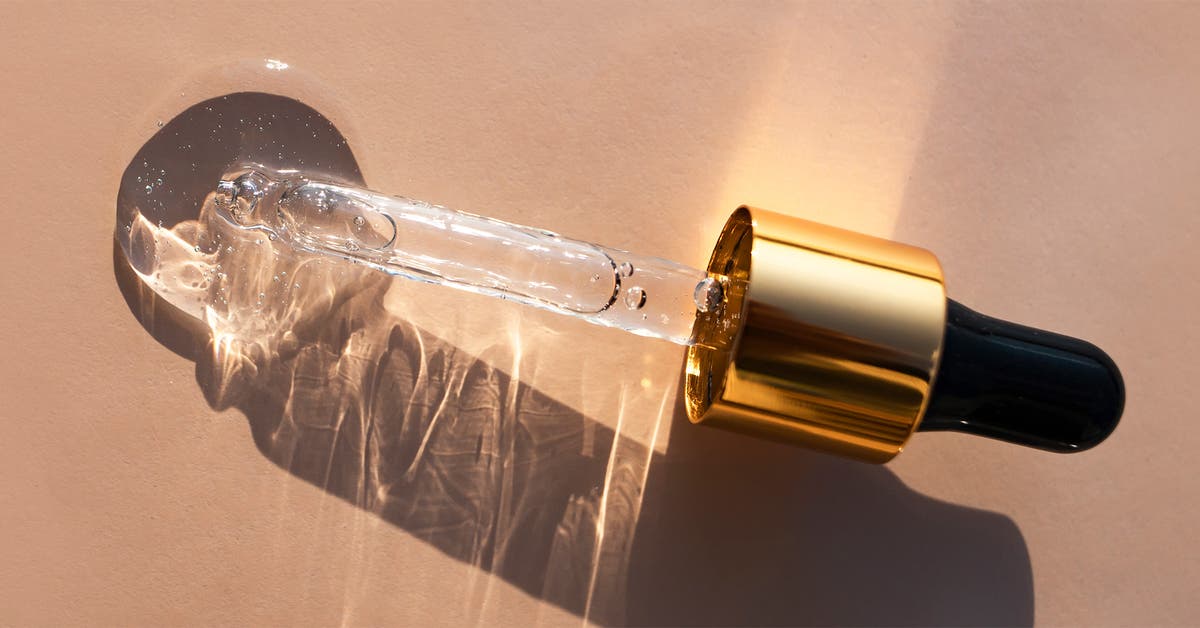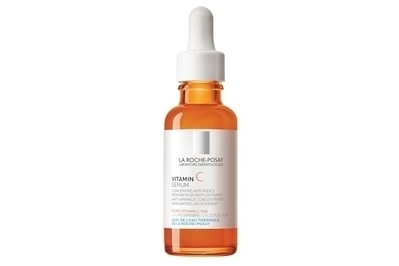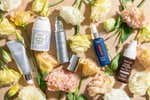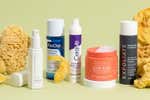If you pay attention while walking through the skin-care aisles at Sephora, you’ll notice that nearly every vitamin C serum has the word “brightening” on its label.
For years, I fell for the marketing, testing one formula after another, convinced that the next would finally erase the dark spots that started showing up on my face, thanks to my age and hormones, and compounded by the fact that my melanin-rich skin is predisposed to hyperpigmentation.
The sad truth came to me while I was interviewing a dermatologist about a year into my career as a beauty writer: Vitamin C isn’t a magical dark-spot eraser.
It can help prevent existing discoloration from deepening and keep new spots from forming, so I still use it daily — but with a much clearer understanding of its true role in my routine.
Blending vitamin C with salicylic acid and hyaluronic acid, this serum exfoliates and hydrates skin, too.
Think of vitamin C less as a treatment for spots and more as a shield that can help new ones from appearing. “Vitamin C is a potent antioxidant that helps neutralize free radicals, inhibit abnormal melanin production, and support collagen synthesis,” explained facial plastic surgeon Lara Devgan, MD. Essentially it slows down the pigment overproduction that leads to dark spots, shields skin from environmental stressors such as UV and pollution, and helps the skin retain firmness.
This distinction is especially important for people with melanin-rich skin, which is more prone to the cumulative UV damage of dark spots and other hyperpigmentation that comes with aging. Plus, skin’s natural exfoliation process slows down the older you are; babies’ skin, for example, renews itself every two weeks, whereas for people over 50, it’s every three months. As such, existing pigmented skin cells don’t shed as quickly.
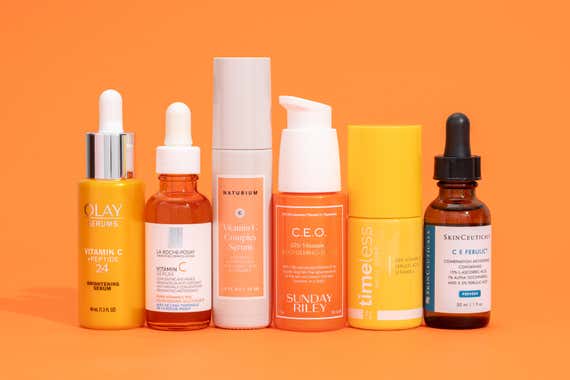 Our vitamin C picks. Michael Murtaugh/NYT Wirecutter
Our vitamin C picks. Michael Murtaugh/NYT Wirecutter
The other initially hard-to-swallow aspect of vitamin C is that it works slowly. “Vitamin C is a long-game ingredient,” said Devgan. “Its real power lies in prevention and maintenance, not in overnight transformation.” Dermatologist Naana Boakye, MD, added that if you’re consistently using a formula with a concentration of 10% to 20%, subtle brightening of the overall complexion may appear after about eight to 12 weeks.
L-ascorbic acid (the most studied form of vitamin C) is also notoriously unstable, as it degrades quickly when exposed to light, heat, or even just air. “Furthermore, as vitamin C is highly susceptible to degradation when exposed to heat, light, and air, selecting a formulation in opaque/dark packaging and storing your vitamin C in a cool/dark location can help maximize its effectiveness and shelf life,” said dermatologist Victoria Humphrey, MD. “Pairing with vitamin E + ferulic acid boosts stability and efficacy,” added Boakye.
Even with the most meticulously crafted formula, vitamin C alone shouldn’t be your skin-care routine’s go-to ingredient for fading dark spots — and that’s especially true for people with deeper skin tones. “Vitamin C is often marketed as a quick ‘dark spot eraser,’ but in skin of color, hyperpigmentation is more complex,” said Boakye. “Many patients with melanin-rich skin feel underwhelmed when they rely on vitamin C alone.” For that, dermatologists recommend ingredients such as azelaic acid, retinoids, kojic acid, niacinamide, arbutin, or tranexamic acid. “Vitamin C is best viewed as a partner to these ingredients,” said Devgan. “It helps preserve results and prevent recurrence.”
As always, sunscreen is nonnegotiable, too. “Skipping sunscreen undoes any progress,” said Boakye. “For those with deeper tones, wearing a tinted mineral sunscreen with iron oxides is important to protect against both ultraviolet (UV) and light exposure,” added dermatologist Toral Vaidya, MD.
So, vitamin C isn’t a headliner. But as backstage crew, it makes the real brighteners’ work smoother — maybe even luminous.
This article was edited by Hannah Rimm and Maxine Builder.
Further reading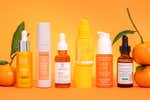 The Best Vitamin C Serums
The Best Vitamin C Serums
We tested more than 30 vitamin C products touting sky-high claims. Our top picks live up to their hype.
Retinol is a gold-standard ingredient for skin care. We tested 28 over-the-counter contenders to find five true standouts.
For clearer, brighter skin, there’s no quicker route than a few swipes of an exfoliant. We tested 22 and found five standouts in a range of effective concentrations and textures.

